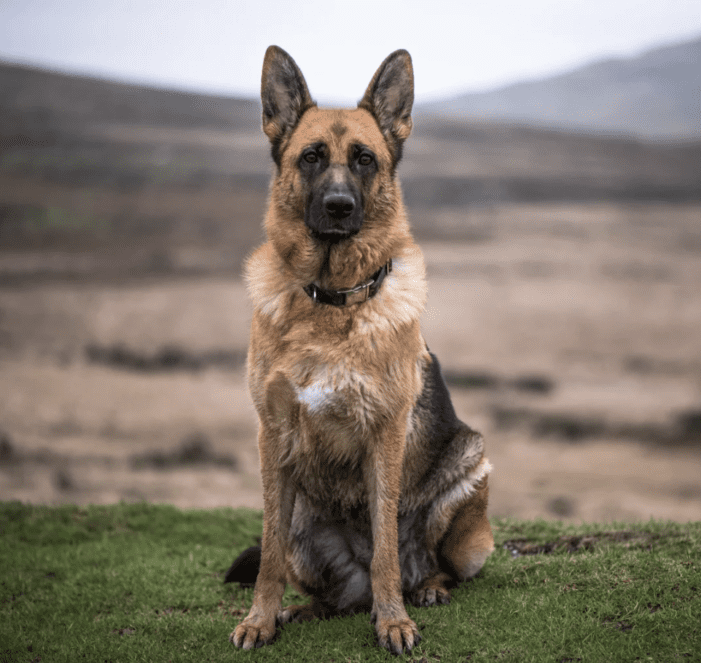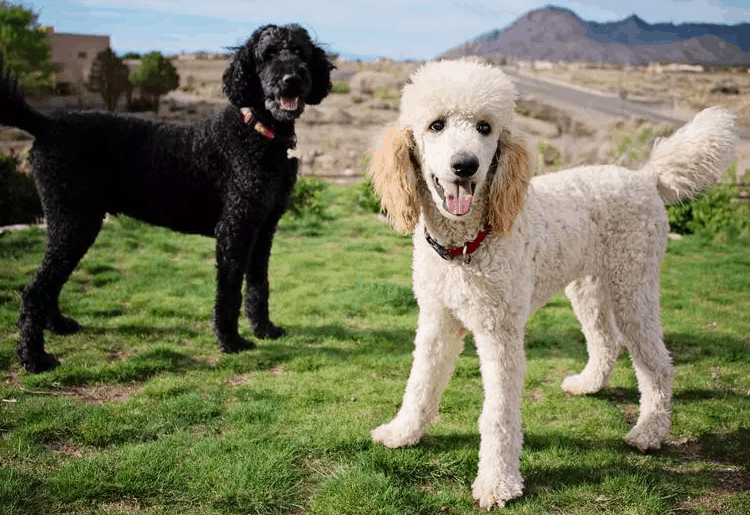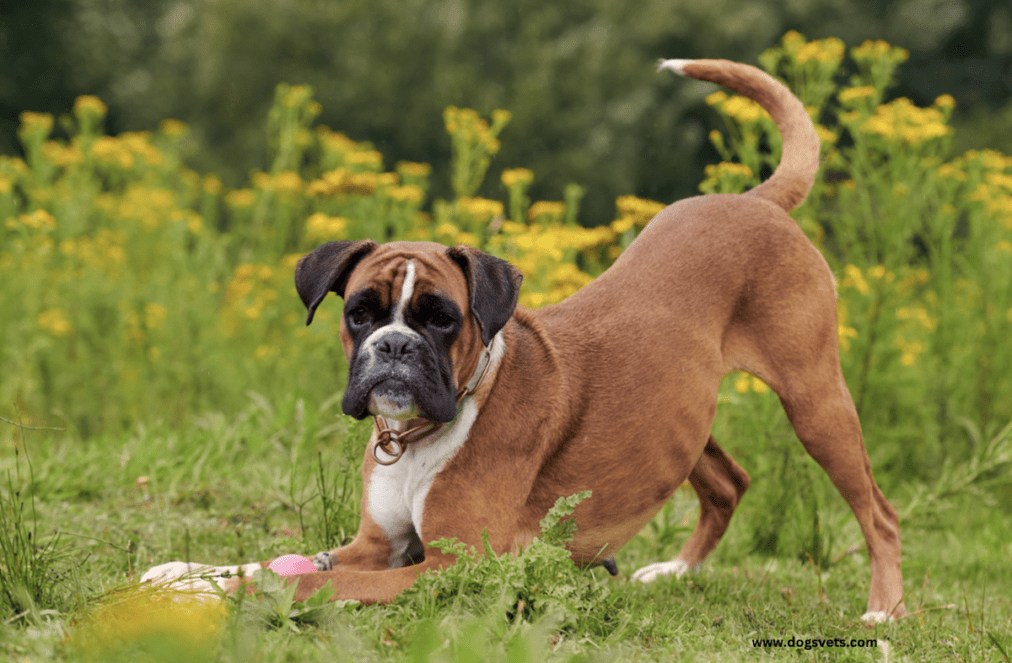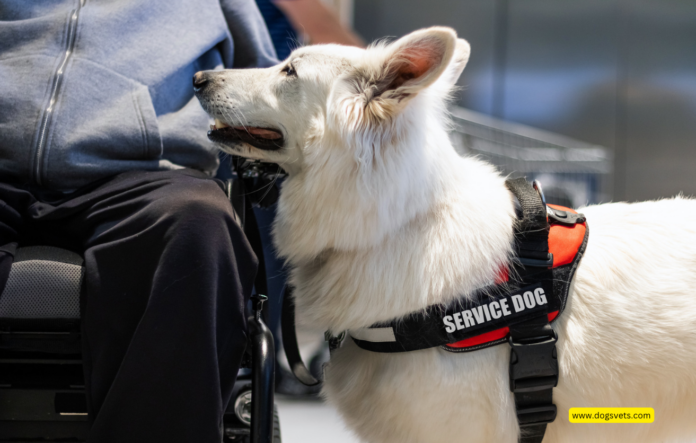Last Updated on September 12, 2024 by Dogs Vets
Dogs provide invaluable services to humans like companionship, protection, and unconditional love. But that’s not all! These furry, four-legged friends can also be trained to become service dogs to help individuals with different disabilities and conditions live a better life.
What Is a Service Dog?
A service dog is trained to help people with disabilities or conditions to live a better and more independent life. The Americans with Disabilities Act (ADA) describes service dogs as “dogs that are individually trained to do work or perform tasks for people with disabilities.”
Service Dog Tasks
Some of the most common tasks service dogs perform include:
- Guiding blind people
- Alerting deaf people to sounds
- Pulling a wheelchair
- Detecting and calming panic attacks
- Reminding people to take their medication
- Alerting and protecting during a seizure
Characteristics of a Good Service Dog
A reliable service dog is typically:
- Easy to train
- Intelligent
- Reliable
- Calm and composed under pressure
- Not easily distracted
- Attentive
- Obedient
Top 7 of the Best Service Dog Breeds
1. Labrador Retriever

Known for their friendly and easy-going temperament, Labrador Retrievers are calm, committed, and intelligent, making them easy to train. They are great for mobility-impaired handlers as they can retrieve items and guide their handlers.
2. Golden Retriever

Golden Retrievers are affectionate, easy-going, and intelligent, making them another popular choice. They excel in both physical and emotional support tasks, making them ideal for mobility-impaired handlers and those suffering from PTSD.
3. German Shepherd

German Shepherds are incredibly loyal, easy to train, alert, and fearless. These traits make them excellent guide dogs and suitable for monitoring diabetic patients’ blood sugar levels.
4. Border Collie

Regarded as the smartest canine breed, Border Collies excel in a variety of settings. They are particularly good for handlers suffering from mental disabilities due to their ability to pick up on moods and emotions.
5. Pomeranian

Despite their small size, Pomeranians are alert and attentive. They are excellent medical alert dogs and can be trained to retrieve small items, making them ideal for those with mental disabilities.
6. Standard Poodle

With an excellent sense of smell, Standard Poodles are perfect for handlers with allergies. Their size, trainability, and social nature also allow them to perform a variety of physical tasks, making them a versatile service dog breed.
7. Boxer

Boxers are known for their boundless energy and strong build, making them great service dogs for physical tasks. They are also incredibly loyal and protective, making them ideal for handlers who need emotional support or physical assistance.
Service Dogs vs. Working, Therapy, and Emotional Support Dogs
- Service Dogs vs. Working Dogs: Service dogs are trained to cater to their handler’s disabilities, while working dogs assist humans in daily jobs like detection, herding, and search and rescue.
- Service Dogs vs. Therapy Dogs: Therapy dogs provide affection and comfort to a variety of people, not just their handlers. They often visit hospitals, schools, and nursing homes.
- Service Dogs vs. Emotional Support Dogs: Emotional support dogs provide emotional support but are not trained to perform specific tasks related to a person’s disability.
Conclusion
While the aforementioned breeds differ in shape, size, and temperament, these dogs share one important trait: their training, efforts, and hard work are changing the lives of their handlers for the better.























